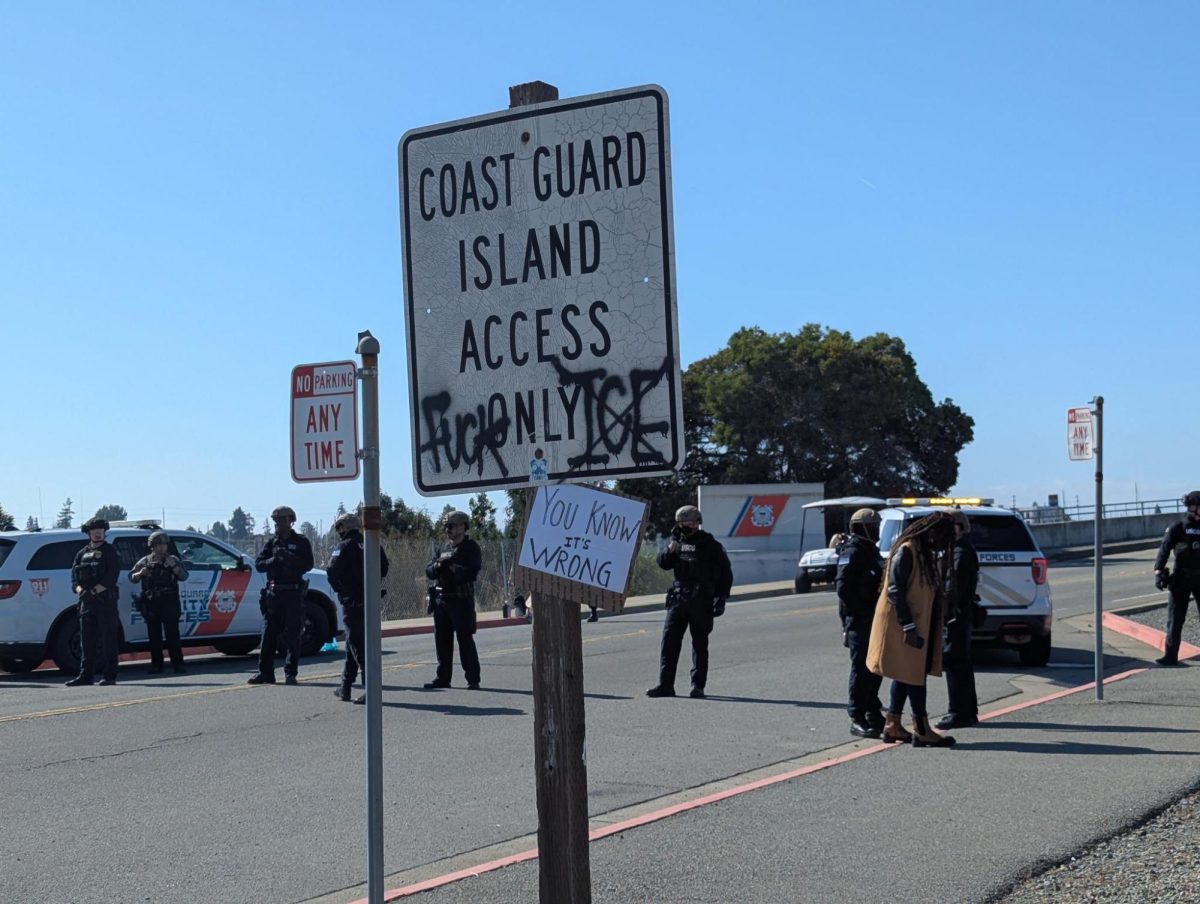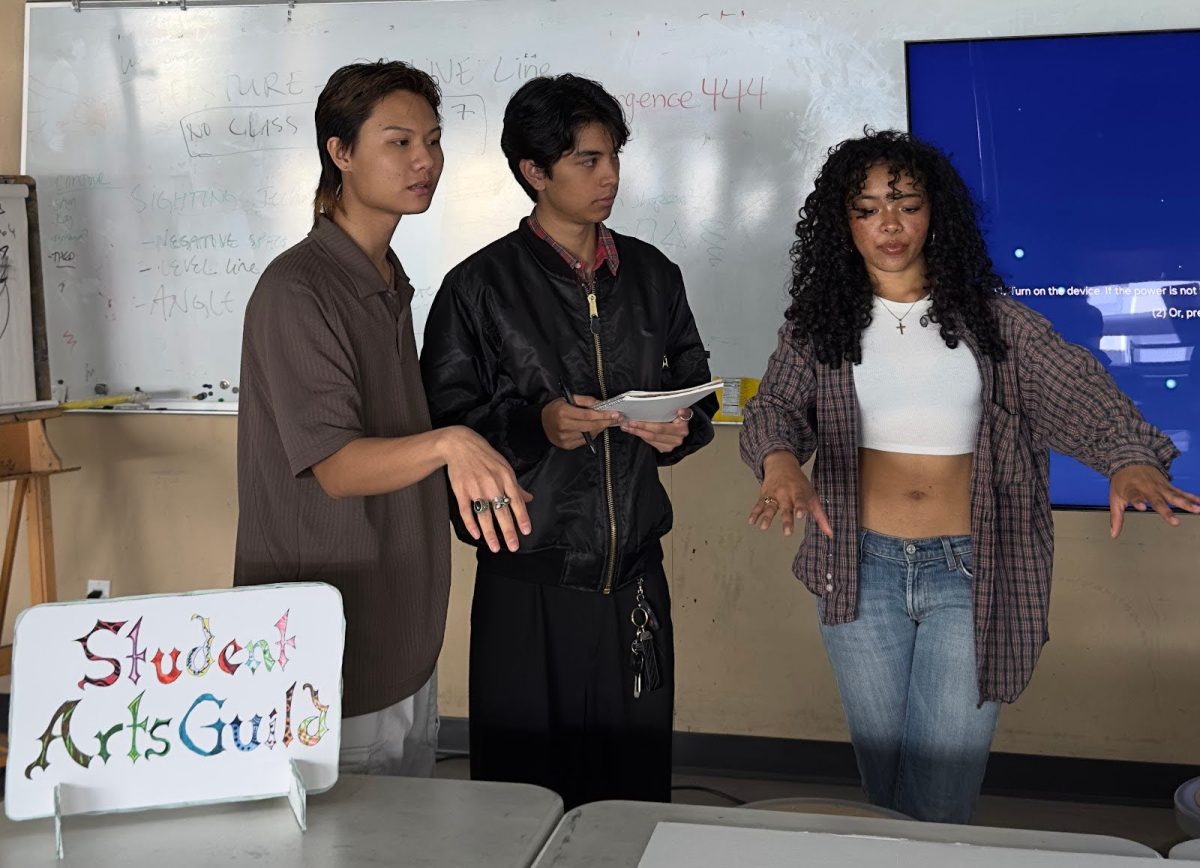They have organized, strategized, protested and marched endlessly seeking justice. Though we have followed them, marching down shadowy streets in search for brighter ones, we have yet to know who these young people are and why they choose to take part in this movement.
I spoke recently with two Bay Area activists in their 20’s. Thea Matthews is a sociology major and BSU president at CCSF; Jordan Leopold majors in business with an option in economics and a minor in political science at Cal State University, East Bay.
Matthews and Leopold become active in the #BlackLivesMatter movement after officers who murdered Michael Brown and Eric Garner were not indicted. Matthews identifies herself as a black feminist who wants to use her education to examine the racial and social stratifications of the power structure that inhibits and oppresses blacks.
She intends to write on this subject, which has few perspectives from a black woman. Matthews also played a big part in organizing Millions March last year in SF, where tens of thousands of people marched onto the steps of City Hall and called out its police force to demand accountability and transparency.
Recently Matthews, along with other activists, organized #CallOutCastro, where once again people filled the streets of SF to remind people that black lives, trans lives… ALL black lives matter. Matthew recalls that she decided one day that Gandhi was right, “we must be the change we want to see” and she is doing just that.
Leopold, much like Matthews, decided that if he wanted things to change he would have to take part. This decision came after Eric Garner’s killer, officer Daniel Pantelao, was not indicted for Garner’s death. Although he is not affiliated with specific organizations, Leopold, like Matthews, works with multiple organizations like #BlackLivesMatter, Onyx in Oak., Anti Police Terror Organization in Oak., Queers with #BLM out of SF, Asian and Pacific Islanders with #BLM, Blackout Collective, and the organizers of black brunch.
Leopold agrees that there is a great need for protests and direct action, but he doesn’t believe it ends there. “There is a need for revolution within the system here in America,” Leopold says. “Within the justice system, law enforcement, and within our minds. Change does not come if not through policy because that is what’s currently oppressing us.”
Angela Scott is a former tower staff writer. Email her at angrenscott(at)gmail.com
























